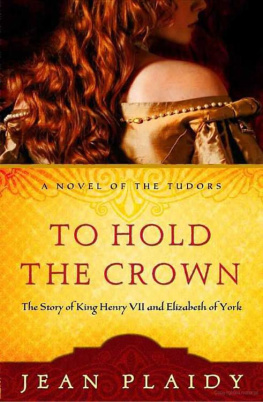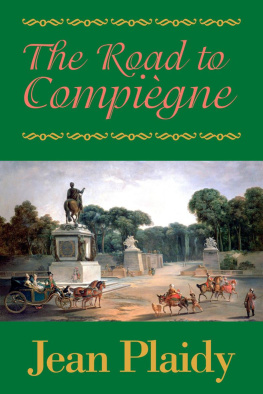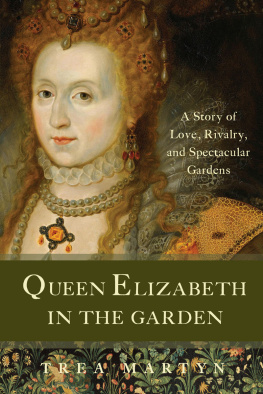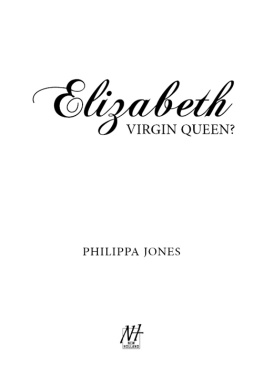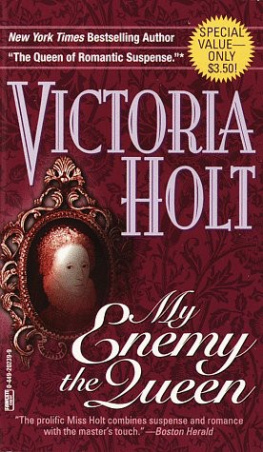Jean Plaidy - A Favorite of the Queen: The Story of Lord Robert Dudley and Elizabeth I (A Novel of the Tudors)
Here you can read online Jean Plaidy - A Favorite of the Queen: The Story of Lord Robert Dudley and Elizabeth I (A Novel of the Tudors) full text of the book (entire story) in english for free. Download pdf and epub, get meaning, cover and reviews about this ebook. year: 2010, publisher: Broadway, genre: Art. Description of the work, (preface) as well as reviews are available. Best literature library LitArk.com created for fans of good reading and offers a wide selection of genres:
Romance novel
Science fiction
Adventure
Detective
Science
History
Home and family
Prose
Art
Politics
Computer
Non-fiction
Religion
Business
Children
Humor
Choose a favorite category and find really read worthwhile books. Enjoy immersion in the world of imagination, feel the emotions of the characters or learn something new for yourself, make an fascinating discovery.

- Book:A Favorite of the Queen: The Story of Lord Robert Dudley and Elizabeth I (A Novel of the Tudors)
- Author:
- Publisher:Broadway
- Genre:
- Year:2010
- Rating:4 / 5
- Favourites:Add to favourites
- Your mark:
- 80
- 1
- 2
- 3
- 4
- 5
A Favorite of the Queen: The Story of Lord Robert Dudley and Elizabeth I (A Novel of the Tudors): summary, description and annotation
We offer to read an annotation, description, summary or preface (depends on what the author of the book "A Favorite of the Queen: The Story of Lord Robert Dudley and Elizabeth I (A Novel of the Tudors)" wrote himself). If you haven't found the necessary information about the book — write in the comments, we will try to find it.
A Favorite of the Queen: The Story of Lord Robert Dudley and Elizabeth I (A Novel of the Tudors) — read online for free the complete book (whole text) full work
Below is the text of the book, divided by pages. System saving the place of the last page read, allows you to conveniently read the book "A Favorite of the Queen: The Story of Lord Robert Dudley and Elizabeth I (A Novel of the Tudors)" online for free, without having to search again every time where you left off. Put a bookmark, and you can go to the page where you finished reading at any time.
Font size:
Interval:
Bookmark:
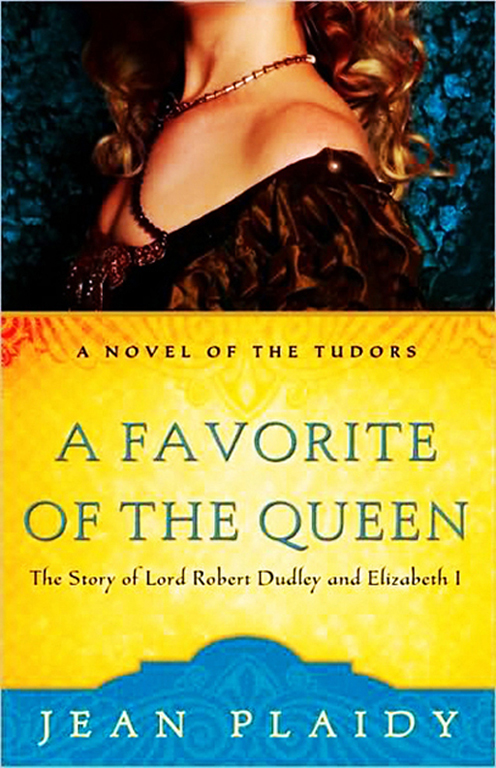
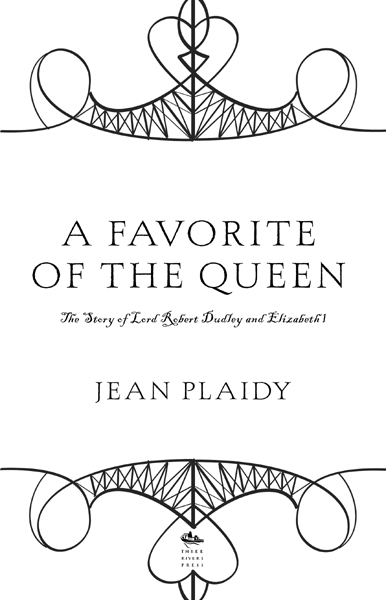
In writing of what is undoubtedly one of historys most puzzling relationships, it is perhaps advisable to add a few remarks in order to justify the conclusions to which I have come. This is particularly the case with regard to the mysterious death of Amy Robsart.
All that happened on that Sunday morning at Cumnor Place will never be known. Was Amys death due to accident, suicide, or murder? After studying available records my verdict cannot be anything but murder.
Consider the facts: The Queen was being pressed by her ministers to marry. She could not bear to forgo the attentions of Robert Dudley, and Robert could not give up the hope of sharing the throne. Thus Roberts wife Amy stood in the way of two ruthless personalities. The Queen, in politics the soul of caution, had always been reckless in love. Scandal was circulating throughout the country concerning the relationship of Elizabeth and Robert Dudley. People remembered Thomas Seymour. Before Amy died there was a strong rumor that her death was being planned; and when it was said that Amy was suffering from a fatal malady, many believed that to be a false rumor set in motion in order to explain the death which was to follow. So persistent were the rumors, that a physician refused to attend Amy, fearing to be accused of administering poison should she die. This was the state of affairs when her minister, Cecil, returning from Edinburgh, found the Queen strained and nervous, and, to his astonishment, heard from her lips that Amy would soon be dead. Cecil, appalled, hurried from the Queen, and was so distraught that, coming face to face with the Spanish ambassador, he could not keep his suspicions to himself. The Queen and Lord Robert Dudley are scheming to put Lord Roberts wife to death! is what he saidaccording to the Spanish ambassador. And a few hours later Amy was found dead.
Why should the Spanish ambassador have written those revealing dispatches if the contents were untrue? Spain was no enemy of Roberts at that time, and Robert had won Philips approval at St. Quentin.
An accident to Amy resulting in her death at such a time so convenient to Elizabeth and Robert is surely too incredible a coincidence to be accepted.
As for the suggestion of suicide, if Amy had wished to kill herself would she have chosen a method which, she must have known, might not result in death, but merely add acute pain and misery to her remaining years? Would any woman destroy herself in such a painful way in order to avoid being murdered?
Everything points to murder, apart from Amys strange conduct on that Sunday morning in sending all her servants to the Fair. Why did shein perpetual fear of murderersclear the house of all the servants on that day which was to prove so tragic to her?
I have looked to her maid Pinto for the explanation, because from her first came the suggestion of suicide. It seemed that this suggestion came simply and unwittingly from Amys maid; but was Pinto such a simpleton? What if the suggestion were not wrung from her, but deliberately given? Might she not have known the true reason why the house was deserted on that Sunday morning? Let us consider what a woman would do when the whole country was hinting that she was about to be murdered. How would a devoted maid behave? As for my interpretation of Pintos feelings for Robert, it must be remembered that, during his two and a half years exile, he had lived in Norfolk and would have come into continual contact with Pinto; and if we can discover little of Pintos character, we know much of Roberts.
It is the novelists task to present a convincing story and, when the characters actually lived, to adhere to facts obtained by research, only diverging from them with good reason, e.g., when they are unknown, and then only making careful and responsible deductions as an aid to the completion of the story. Therefore I offer my views of what happened at Cumnor Place in the summer of 1560.
To reach these conclusionsand othersI have studied many books and documents. The chief among these are:
Calendar of Letters and State Papers (Spanish) relating to English affairs preserved principally in the Archives of Simancas. Published by the Authority of the Lords Commissioners of Her Majestys Treasury under the direction of the Master of Rolls. Edited by Martin A. S. Hume, FR Hist S.
Elizabeth and Leicester. Milton Waldman.
Queen Elizabeth. J. E. Neale.
Lives of the Queens of England. Agnes Strickland.
Queen Elizabeth (Brief Lives). Milton Waldman.
Natural and Domestic History of England. William Hickman Smith Aubrey.
British History. John Wade.
Old and New London. Edward Walford.
England in Tudor Times. L. F. Salzman, MA, FSA.
King Queen Jack (Philip of Spain Courts Elizabeth). Milton Waldman.
Two English Queens and Philip. Martin Hume, MA.
History of England. J. A. Froude.
I t was hot, even for August; the foul odors from the river, carrying the threat of pestilence, hung in the sullen air that sultry day; but the crowds who were assembling on Tower Hill were oblivious of discomfort. Traders had left their shops or stalls in Candlewick Street, East Chepe, and the Poultry; horse-dealers were coming from Smithfield Square; the goldsmiths from Lombard Street, the mercers of Chepeside had deserted their houses, realizing that there could be little business at such a time. Apprentices, risking a whipping, crept out after their masters, determined to see what could be seen on Tower Hill that day.
Laughing and jesting they came. All men and women believed that the hardships of Henry VIIs reign were behind them and the days of plenty were at hand. No more cruel taxes would be wrung from them; no more fines; no more impositions. The old miser King was dead and in his place was a bonny golden boy who laughed loudly, who jested and made sport, and loved to show himself to the citizens of London.
It was he who had provided this days pleasure for them; and it clearly indicated what they might expect of him.
God bless King Hal! they cried. See how he pleases his people! He is the one for us.
The cheers for the King mingled with the jeers for the traitors. Some apprentices had made two effigies which they held high above the crowd, to be mocked and pelted with refuse.
Death to them! Death to the extortioners! Death to the misers, and long life to King Harry!
Jostling, cursing, laughing, they surged about the hill. At the summit, close to the scaffold, members of the nobility were gathered. The bell of St. Peter ad Vincula had begun to toll.
At the edge of the crowd, not venturing into it, stood a boy. He was pale, soberly dressed, and was staring, mournful and bewildered, at the weather-washed walls of the great fortress which seemed to stand on guard like a stone giant. So grim, so cruel did it seem to the boy, that he turned his gaze from it to the green banks where the starry loosestrife flowers were blooming. He remembered a daylong ago it seemed to him nowwhen he had taken his little brother to the rivers edge to pick flowers. He remembered how they had strolled along, arms full of blossom. The flower of the water betony was like the helmet a soldier would wear, and he was reminded that soldiers would soon be coming out of the great prison, and with them would be the men who were to die on Tower Hill that day.
Font size:
Interval:
Bookmark:
Similar books «A Favorite of the Queen: The Story of Lord Robert Dudley and Elizabeth I (A Novel of the Tudors)»
Look at similar books to A Favorite of the Queen: The Story of Lord Robert Dudley and Elizabeth I (A Novel of the Tudors). We have selected literature similar in name and meaning in the hope of providing readers with more options to find new, interesting, not yet read works.
Discussion, reviews of the book A Favorite of the Queen: The Story of Lord Robert Dudley and Elizabeth I (A Novel of the Tudors) and just readers' own opinions. Leave your comments, write what you think about the work, its meaning or the main characters. Specify what exactly you liked and what you didn't like, and why you think so.

